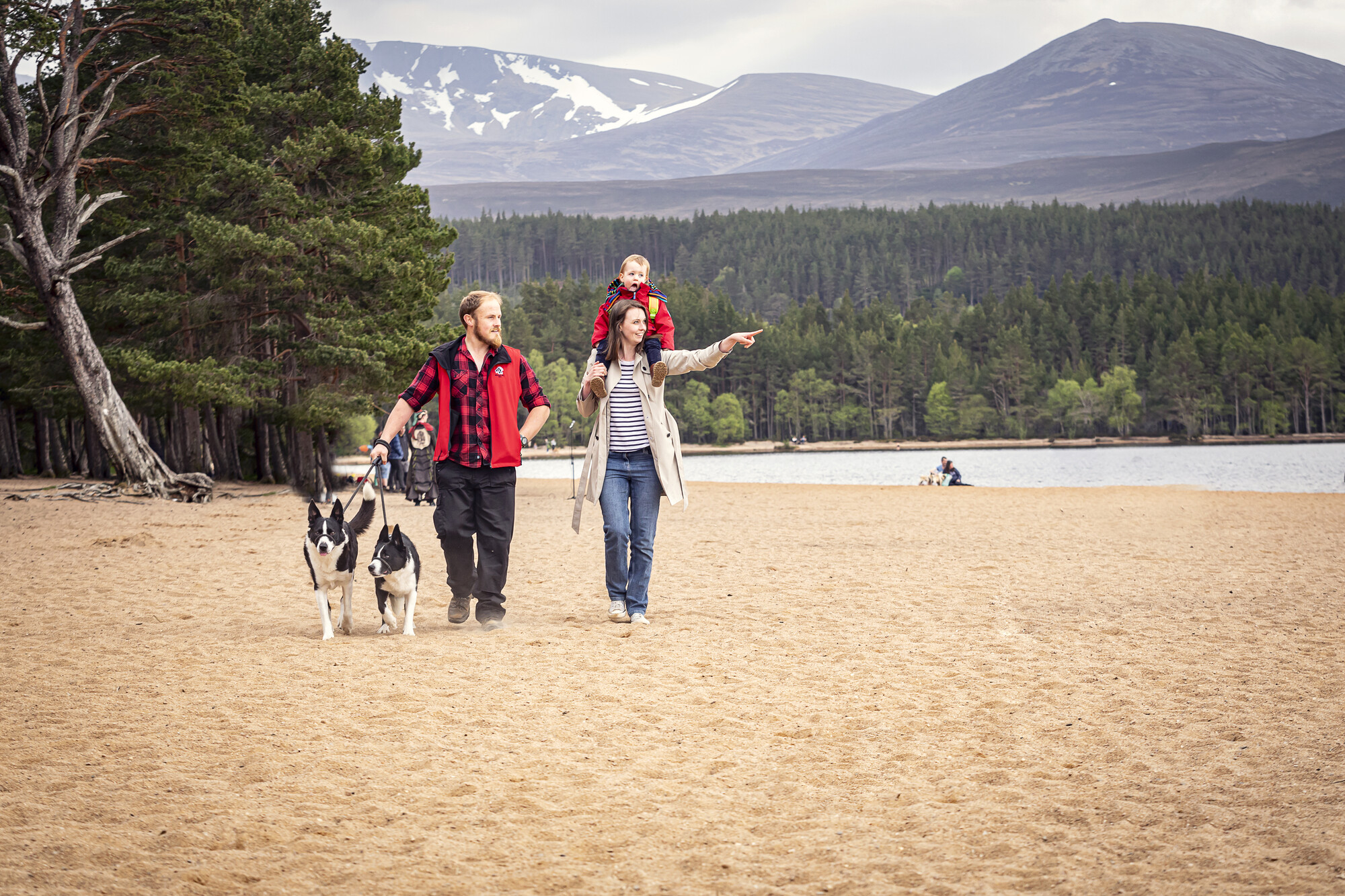Cairngorms Nature project a first for the UK

Cairngorms Nature project a first for the UK
An exciting and ambitious project to find out how nature is doing in the National Park is about to be launched by the Cairngorms National Park Authority (CNPA). For the first time in the UK, the Cairngorms Nature Index (CNI) will use an ecosystem based approach to assess nature within a National Park.
Following a review of international approaches the CNI will build on a successful method that has been used in Norway. Over the next 18 months CNPA will be working with Atmos Consulting Ltd and a Project Advisory Group to develop an approach tailored to the Cairngorms.
The new method involves the selection of indicators that can reveal the health of our ecosystems in the National Park, by looking at how they respond to pressures such as climate change, pollution and land use. For example snow bed cover, aquatic invertebrates and stream temperature are indicators which can tell us about water quality and the impact of climate change on our freshwater and alpine systems.
Dr Sarah Henshall, CNI Project Manager at the CNPA explains “We want to achieve a National Park that is richer in nature, understanding how nature is doing and what is driving change is hugely important. It can act as an early warning system allowing us to target the right conservation action in the right place to mitigate impact or reverse decline.
Andy Davis, Atmos Senior Ecologist highlighted, “The CNI will not only establish a baseline and framework for monitoring the health of the Park’s habitats, species and ecosystems. It goes beyond, linking nature, people and communities to the ecosystems that we all depend upon”
Dr Pete Mayhew, Director of Conservation & Visitor Services at the CNPA added, “ If the Covid-19 pandemic has shown us anything, it’s how important our natural world is. There has never been a better time to take stock of our environment. We need to understand more about the health of our ecosystems so that we can be effective in our work to increase biodiversity. With 49% of the National Park being of international importance for nature we are in the perfect place to lead the way in this project as a first for the UK”
Jo Judge, Chief Executive Officer of the National Biodiversity Network said “This is a really interesting and timely project that highlights the importance of data collected and shared by the National Biodiversity Network for determining the health and resilience of our ecosystems and to inform future management decisions”.
The project will be delivered in three phases, phase one developing the methodology and collating data from across the Park, phase two will involve assessing each ecosystem and phase three will be the compiling and communicating the results. A shared vision with partners across the Cairngorms National Park will ensure the CNI is robust and evidence based. It will be repeated periodically and the results will help inform the Cairngorms Park Partnership Plan.
The Project Advisory Group comprises of representatives from Nature Scot; SEPA; Scottish Forestry; Scottish Link; RSPB; NBN Trust and Game & Wildlife Conservancy Trust.
Latest from the National Park
Community spirit drives connection
In conversation with: Dr Sally Mackenzie
In conversation with Freshwater Restoration Manager, Dr Sally Mackenzie, about her role at the Park Authority.
Pulling together in wake of wildfires
An update from Park Authority Convener Sandy Bremner and Chief Executive Grant Moir on collective efforts to tackle wildfires in the National Park going forward.




